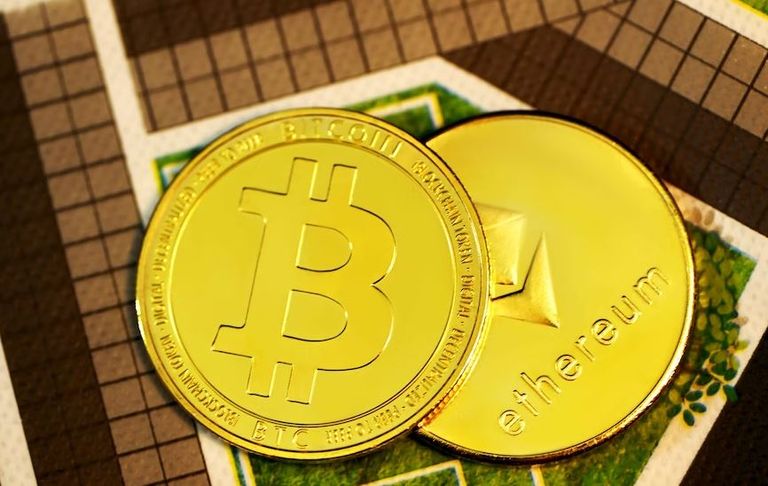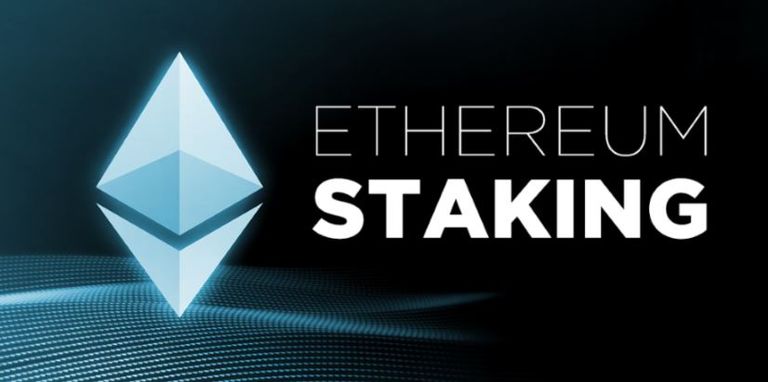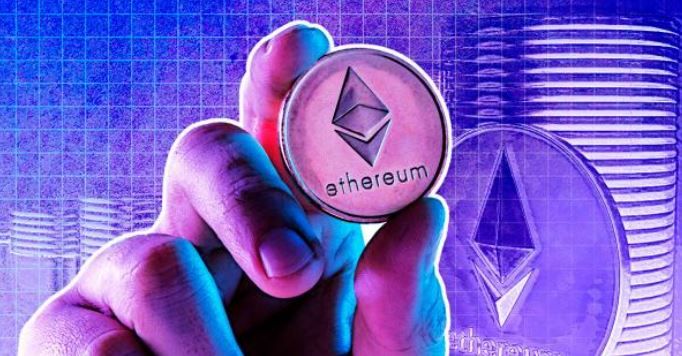As the Kraken exchange was subject to regulation, the value of bitcoin and ether fell, and the US regulatory environment started to cast a shadow over the digital asset markets.
Prices for ETH and Bitcoin have been declining recently. BTC fell 3.9 percent over the previous 24 hours to under $21,681.03 after trading around $23,000 on Thursday before the SEC said that it was monitoring the cryptocurrency platform. The SEC's announcement caused prices to fall.
source
Over the past two weeks, the largest digital asset has been circling above US$23,000, the high point where it has stabilized following a 40 percent surge to start 2023, and it now appears vulnerable to a reversal. Weaker SEC action decreased 6% to less than $1,550.
The Prognosis for ETH Staking Following Kraken's Fine
With the Securities and Exchange Commission playing a role in the cryptocurrency business, there is a lot at stake with Kraken securities. Staking with Ethereum is one of them.
The crypto exchange Kraken agreed to pay a US$30 million punishment, according to a statement from the SEC, for failing to register the offer and sale of a staking program in its crypto asset business.
The CEO of Coinbase Global's suspicions that the SEC is considering a staking ban appear to be justified in light of the fine that crypto platform Kraken paid to the SEC and the termination of crypto staking services for US clients.
The US crypto staking restriction is also bad news for Coinbase, which makes it easier to wager on services with high fees. In the past, Brian Armstrong, CEO of Coinbase, issued a Twitter warning that "the SEC wants to get rid of cryptocurrencies lurking in the US for retail users."
This sounds like something that should be detrimental to all cryptocurrency staking services, especially ETH, BTC, and others. The increase in staking services indicates that the market is more concerned about centralized exchanges serving as intermediaries, such as Kraken and Coinbase, than it is about the rest of the sector.
The proof-of-stake network is supported by assets staked on it, such as Ethereum staking. They function similarly to validators in that they process new transactions and store data on their hardware.
The majority of retail level investors find it difficult to become independent Ethereum validators. To do this, a user requires 32 ETH, which at the time of writing is equivalent to about $48,000 USD.
They receive a portion of the validator's compensation for staking the ETH they deposit and the tokens, which can be traded or used as collateral back. The tokens can be swapped for the assets staked.
For instance, of the US$47 billion in assets in the DeFi ecosystem, the 65 liquid staking protocols tracked by DeFi Llama account for US$12 billion, or 26%, of that total.
Consequently, they are the third-largest category after loans ($13 billion) and decentralized exchanges (DEXs; US$19 billion).
Ethereum accounts for more than US$11 billion in the liquid staking protocol's assets. Lido is the biggest of the 16 systems that accept ETH staking. In total, this accounts for $8 billion, or 75% of the deposited funds.
The SEC's issue with the Kraken program, at least in part, stems from the oversimplification of wagers in an effort to minimize intimidation of retail customers.
It's much simpler to deposit to Kraken, and Kraken will handle the math, than it is to switch networks, then push the transaction button to delegate the stake. It's quite difficult," declared Alex Mogul.
The ETH and other asset staking service at Coinbase is fundamentally different, though. Since this commission is available to anyone, the prizes awarded to consumers depend on the results of the protocol.
Of course, this technique differs significantly from the closed Kraken exchange. Of course, it is hoped that Kraken will alter its methodology in response to the fine and become more open.
However, Kraken's measures are crucial to the development of ETH staking and other crypto assets in the future, ensuring that investors are protected and that they are more transparent.



